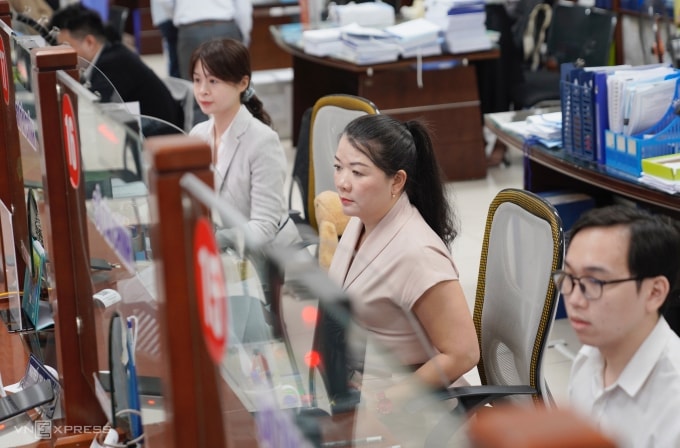
In the draft revised Law on Cadres and Civil Servants being reviewed by the Ministry of Justice, the Ministry of Home Affairs has suggested that Vietnam should refer to the experience of other countries in early retirement and extend the retirement age to 70 in some fields requiring high technical skills, experts, and consultants.
The drafting agency cited some countries that stipulate retirement at the age of 60 - 65 but have early retirement policies when civil servants have guaranteed the number of years of work, want to focus on business, take care of elderly parents and children. On the contrary, they extend the retirement age to 75 for some technical fields, high expertise, consultants, experts.
In China, civil servants retire when they reach retirement age or are completely incapacitated. Early retirement is when a person has worked for 30 years; is less than 5 years from the state-prescribed retirement age; has worked for 20 years; and is subject to other specific regulations.
The retirement age for Japanese civil servants is 60, and no older than 65 for those doing special jobs that are difficult to fill. The retirement age for government building security guards and technical staff is 63, and for medical staff it is 65. This does not apply to temporary civil servants, those appointed for a term, and part-time workers.
Ministers in Japan have the right to extend the service of civil servants who have reached retirement age by one year, once after agreeing with the National Personnel Council. In addition, the Minister also has the right to re-employ a retired person for one year based on the person's work results before retirement.
In Thailand, civil servants retire at the age of 60 and can serve the government until the age of 70. Those in technical positions or tasks requiring personal skills can continue to serve the government until the age of 70.
The retirement age for French civil servants is 67 and can be extended to 70 - 75 years. If a family has a disabled member or a child who has sacrificed for the country, the retirement age is reduced by one year for each child. Retired civil servants are awarded honorary titles according to their rank or job, provided they have worked for at least 20 years.
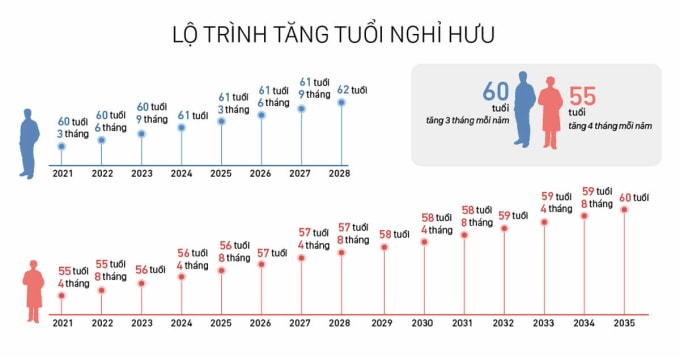
In Vietnam, the retirement age of Vietnamese officials and civil servants is implemented according to the current Labor Code. Specifically, the age increases by 3 months per year for male workers and 4 months per year for female workers under normal working conditions until men reach 62 years old in 2028 and women reach 60 years old in 2035. For each year of early retirement, workers will have their benefit rate deducted by 2%.
Workers with high professional and technical qualifications and some special cases can retire at a higher age, but not more than 5 years older than the regulations at the time of retirement. People with reduced working capacity, working in heavy, toxic, dangerous occupations, or in areas with particularly difficult socio-economic conditions can retire at a lower age, but not more than 5 years older than the current regulations.
The revised Law on Cadres and Civil Servants will be submitted to the National Assembly at the May session.
Nationwide, there are about 3.3 million people receiving pensions, social insurance benefits, and monthly allowances. The 2022 survey of the elderly in Vietnam shows that the income of the elderly in Vietnam mostly comes from support from their children, up to 38%; 29% from continuing to work, only 15% receive pensions and 10% receive social benefits.
TH (according to VnExpress)Source: https://baohaiduong.vn/tham-khao-keo-dai-tuoi-nghi-huu-cong-chuc-mot-so-linh-vuc-toi-70-409563.html


![[Photo] Prime Minister Pham Minh Chinh receives Swedish Minister of International Development Cooperation and Foreign Trade](https://vphoto.vietnam.vn/thumb/1200x675/vietnam/resource/IMAGE/2025/5/12/ae50d0bb57584fd1bbe1cd77d9ad6d97)


![[Photo] Prime Minister Pham Minh Chinh starts construction of vital highway through Thai Binh and Nam Dinh](https://vphoto.vietnam.vn/thumb/1200x675/vietnam/resource/IMAGE/2025/5/12/52d98584ccea4c8dbf7c7f7484433af5)

![[Photo] Prime Minister Pham Minh Chinh works with the Standing Committee of Thai Binh Provincial Party Committee](https://vphoto.vietnam.vn/thumb/1200x675/vietnam/resource/IMAGE/2025/5/12/f514ab990c544e05a446f77bba59c7d1)















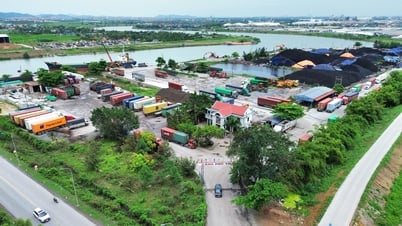
































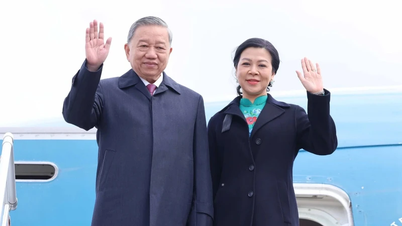














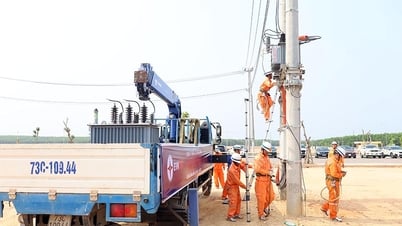

















Comment (0)